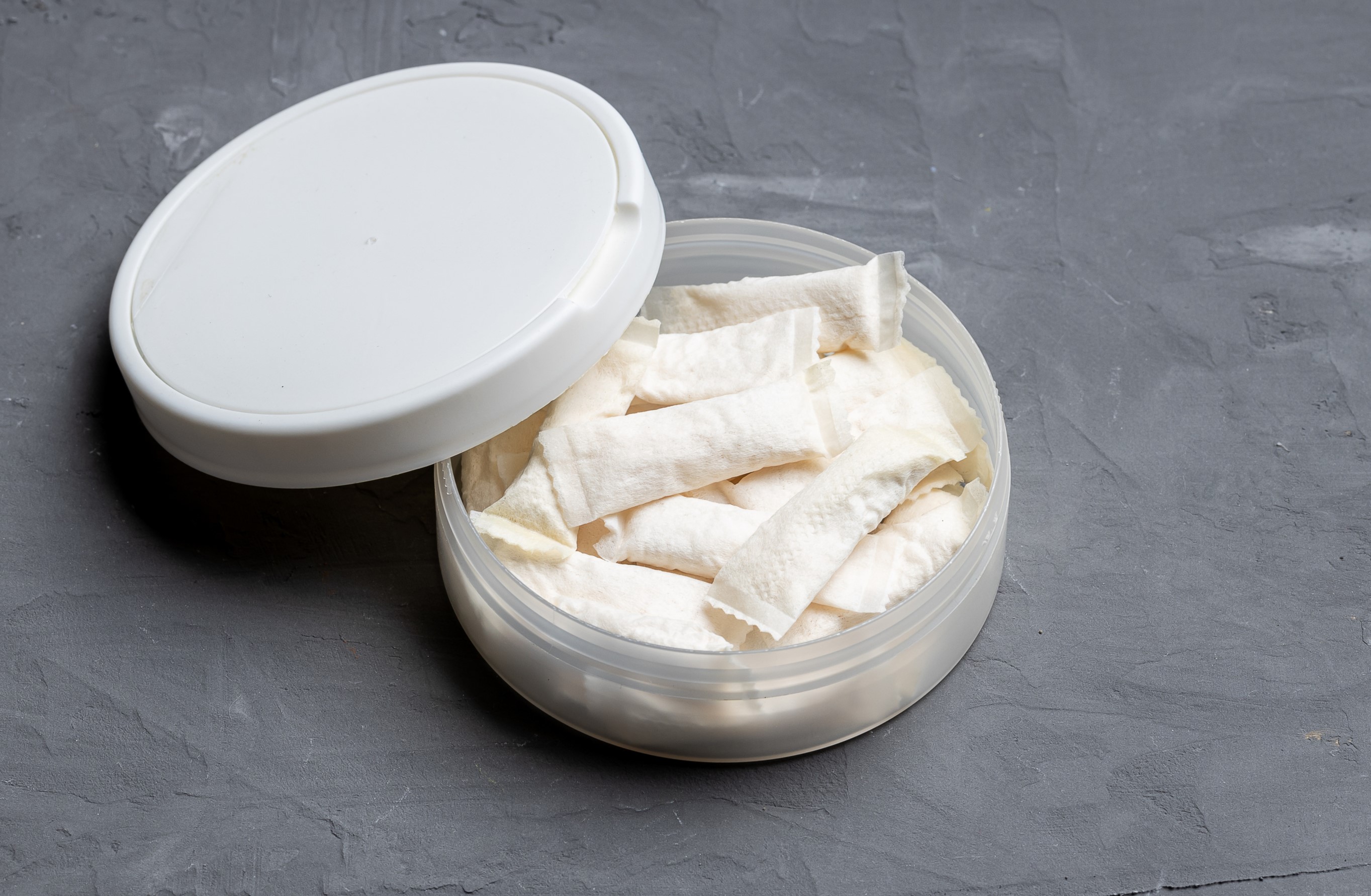About 10% of adults in Australia, that’s over 2.5 million people, smoke daily. A large proportion of the price of tobacco is made up of tax. So is the government rolling in smokers’ cash?
The folks over at the National Drug Research Institute have run the numbers.
A report published last year found the total cost of tobacco to society in 2015-16 was $136.9 billion. The tobacco excise tax collected by the government in the same year, on the other hand, was $9.8 billion.

Here’s what’s going on.
Ciggies have never been more expensive. The federal government recently announced annual tobacco tax increases of 5% for at least the next 3 years, AND they're making sure rollies are taxed in line with factory-made cigarettes. Whether you go through a pack-a-day or a pouch-a-week, that’s thousands of dollars a year coming out of your back pocket. So what happens to it?
Let's start with healthcare.
Smoking is one of the worst things for your health. It harms nearly every part of your body, and can cause:
- cancers (16 and counting),
- heart disease and stroke,
- lung diseases and many more life-long (chronic) illnesses that can make your day-to-day a lot harder.

Smoking affects your immune system’s ability to fight disease, meaning you’re more likely to pick up seasonal illnesses like the flu. You’re also more likely to stay sick longer and can have worse outcomes for serious illnesses from treatments like surgery and chemotherapy.
So if you get sick...
In the short-term that could mean:
- You are less productive at work or have to stay home at a cost to you and your employer.
- You may need to access the healthcare system. That could be a government-subsidised medication, a visit to a GP or the hospital with your Medicare card.
In the long-term, chronic illnesses could mean:
- ongoing healthcare costs,
- reliance on income support,
- your loved ones becoming your carers. To do this, they may need to reduce their own work hours or hire additional support.
Ciggies have a cost to the environment too.

Think clean-up efforts and fire control services. Not to mention cigarette butts are non-biodegradable and remain the most littered item in Australia, releasing toxic chemicals into waterways, soils and habitats.
All these create clear, tangible costs to society.
Tobacco also creates hefty intangible costs, which makes up the majority of the $136.9 billion. Intangible costs include the pain and suffering that can come with having a chronic disease – things like losing your sight, chronic pain from rheumatoid arthritis, not being able to enjoy your favourite foods or problems with fertility or impotence.

So will the government survive if everyone quits smoking? Chances are it’ll be far better off. Tobacco tax revenue has historically represented less than 3% of total government revenue. And if everyone is working more and living longer, that’s a heap more taxes on profits and incomes coming back into the economy.
A harsh truth is that the biggest costs of smoking are those borne by smokers and their families. Not just the money spent on tobacco products and on health care, but also the costs of losing a breadwinner, sometimes in the prime of their life.
As soon as you quit smoking, your body and bank account begin to repair themselves.
Clearly it is better for everyone to make smoking history.


.webp)



.jpg)
.jpg)






